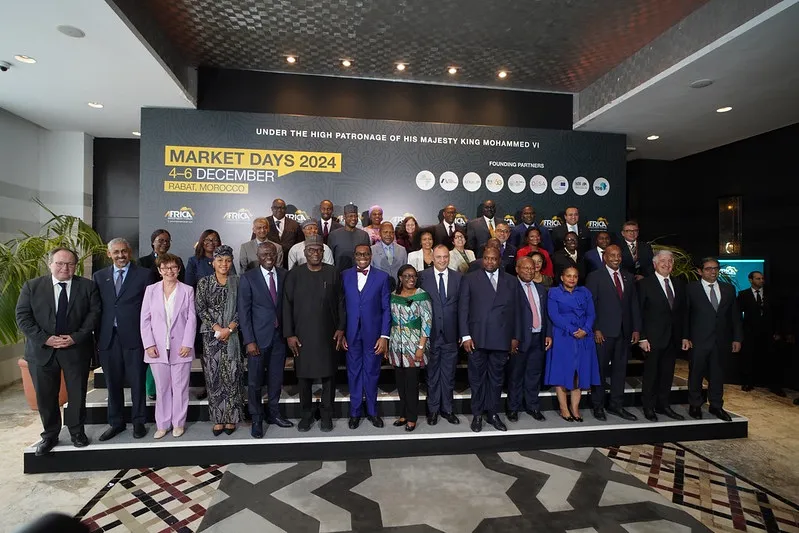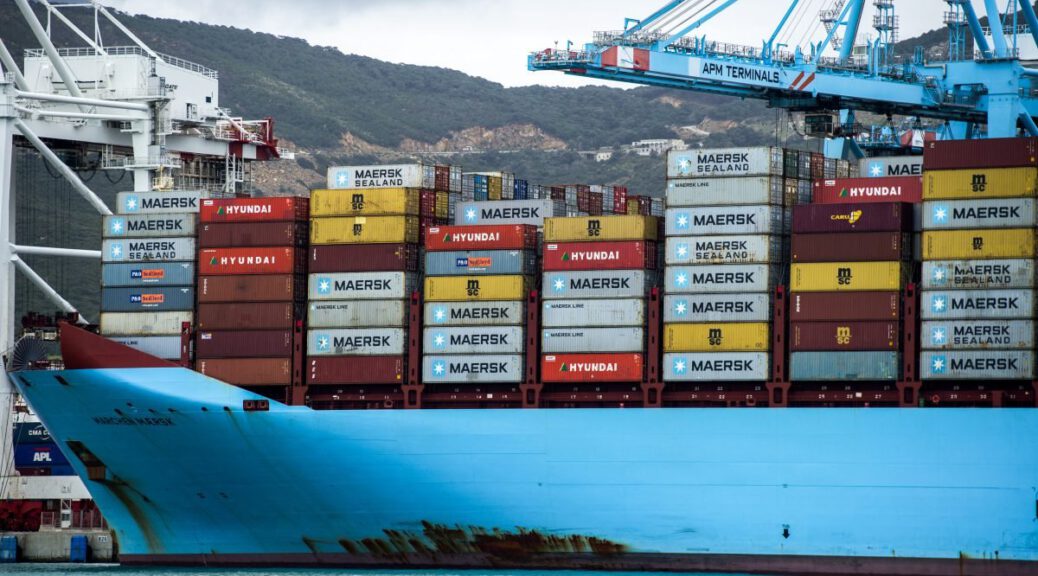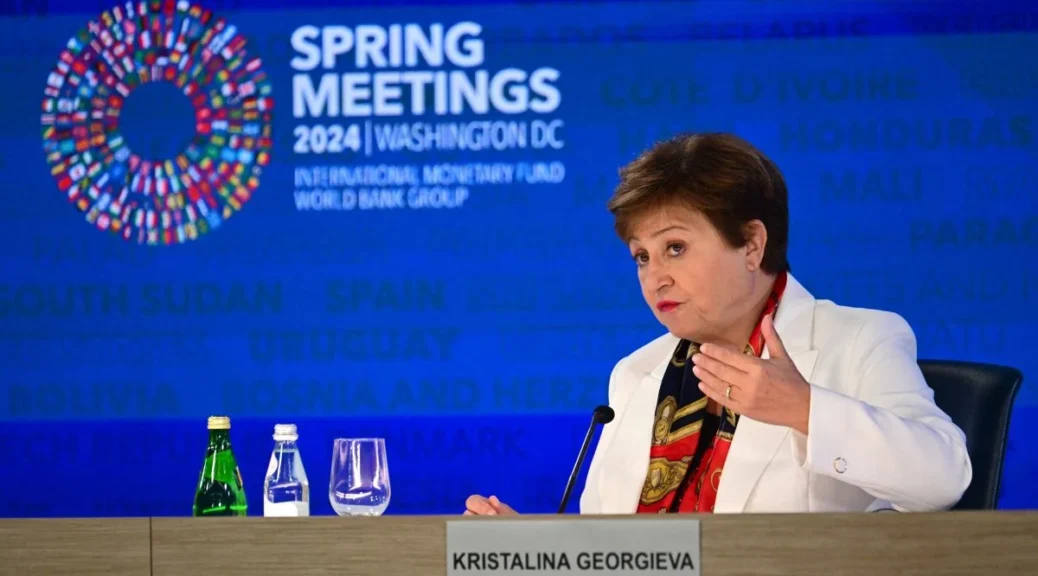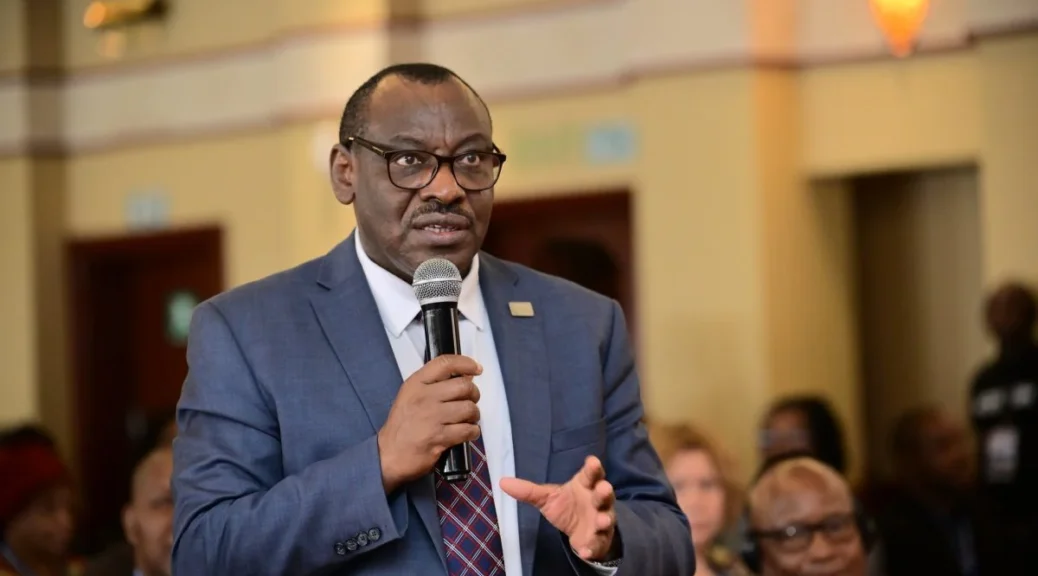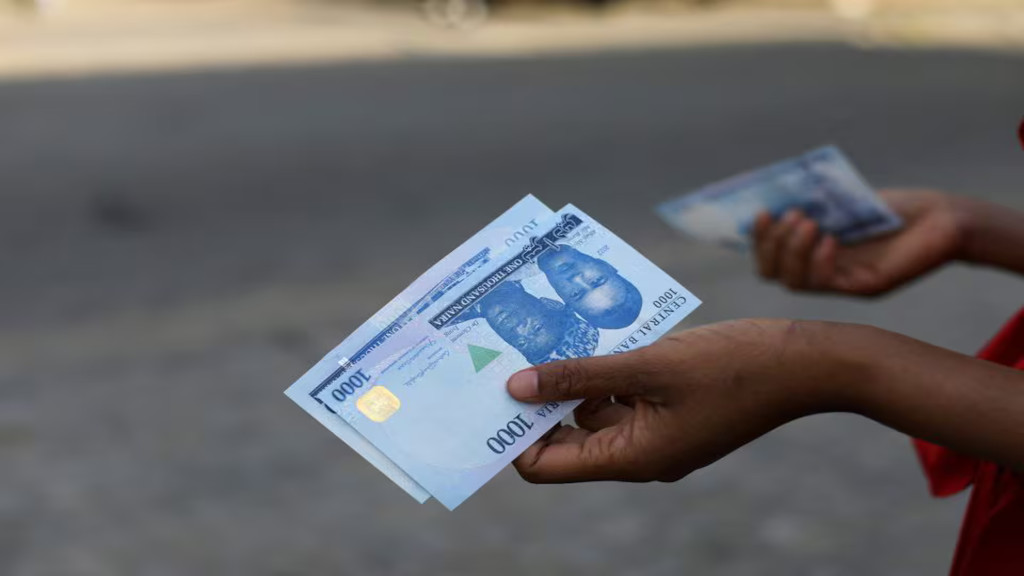he International Monetary Fund (IMF) projects that the continent’s economic growth will reach 3.5% in 2024 and 4% in 2025.
Some of the factors fuelling this optimism include the fact that inflation has almost halved, public debt ratios have broadly stabilised, and several countries have issued Eurobonds this year, ending a two-year hiatus from international markets.
“After peaking at almost 10% in late 2022, inflation has nearly halved to around 6% in the early part of the year thanks to decisive action by central banks,” Abebe Aemro Selassie, the director of the African department at the IMF, told reporters during the Fund’s spring meetings this April.
He emphasised that lower inflation has translated to slower food price increases, terming this as a “positive development” for a region where the cost-of-living crisis has been acute in recent years. “In addition, fiscal consolidation efforts are starting to pay off, with the median public debt stabilising at around 60% of GDP, halting a 10-year upward trend,” he observed.
Not out of the woods yet
“These are encouraging signs. But the region is not out of the woods yet,” cautions Selassie, citing concerns around high borrowing costs amid a crippling funding squeeze facing several countries on the continent. “Far too many countries still face a funding squeeze. Their borrowing costs are high, and funding sources curtailed. Government interest payments now account for about 12% of revenues, more than double the level a decade ago. And official development assistance has become scarcer.”
The impact of these challenges on Africa is significant. Rather than increasing investment in critical areas such as health, education, agriculture, and infrastructure – sectors that can drive development and lift millions out of poverty – governments are allocating essential funds toward debt servicing. This has implications for the region’s growth prospects and its ability to withstand future shocks, argues Selassie, who oversees the IMF’s operations and engagement with 45 countries across sub-Saharan Africa.
He believes that in the face of these challenges, governments in the region should prioritise domestic resource mobilisation, laying emphasis on tax policies that help governments cut their deficits. Specifically, he called for African countries to “cut back tax expenditures” that undermine equity. Tax expenditures are special provisions in the tax code – such as exclusions, deductions, deferrals, credits, and preferential tax rates – that benefit specific activities or groups of taxpayers. He also called for continued digitization of tax procedures to boost efficiency and transparency.
Getting African countries to pay more tax, while ensuring that the burden is equitably shared and economic stability and growth are not compromised in the process, will be key in bolstering Africa’s efforts to reduce its unhealthy reliance on international debt markets.
Many African countries receive a much lower proportion of their GDP in tax than do countries on other continents, according to a report by the Organisation for Co-operation and Economic Development (OECD). The report, which covers tax revenue data for 30 African countries between 1990 and 2018, shows that the average tax-to-GDP ratio for the 30 African countries was 16.5% in 2018. This compared with an average of 34.3% in the 38 OECD member states; and 23.1% for the Latin American and Caribbean nations.
Calls for global financial architecture reform grow louder
Africa’s challenge in collecting sufficient taxes partly stems from international firms exploiting loopholes in the global taxation system to evade paying taxes on the continent, leading African countries to an unhealthy reliance on international debt markets.
“A new global tax system attentive to the needs of the global south is a key priority,” notes Brahima Coulibaly, vice president and director of global economy and development, Brookings Institution. There are positive signs that the global taxation system is moving toward greater equity. Last year, an Africa-backed resolution at the United Nations (UN) paved the way for transferring control of international tax rules from the OECD – comprising 38 wealthy countries – to the UN. This shift ensures that all 193 member states are on a more equal footing, giving African countries a fairer chance at shaping outcomes on negotiations relating to international taxation.
Continue reading IMF projects improved growth for Africa but debt and limited taxes still prompt concern →





 afric-Invest
afric-Invest